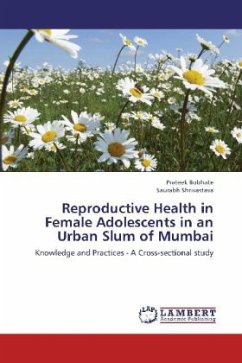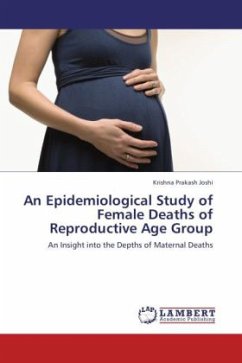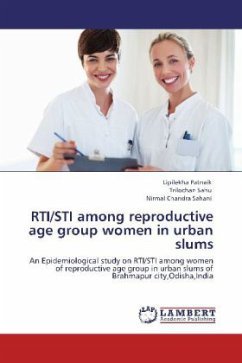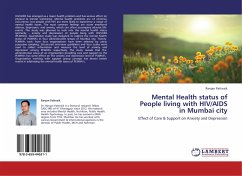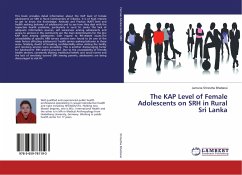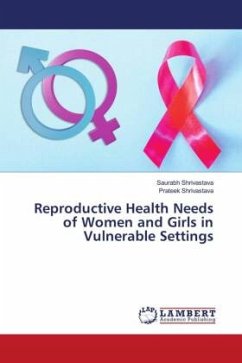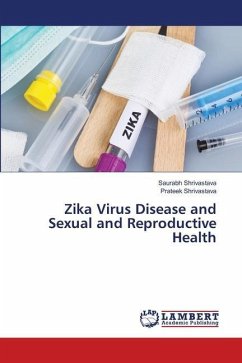Adolescents in India represent almost one-third of the total country s population. A large number of them are out of school, get married early, work in vulnerable situations, are sexually active, and are exposed to peer pressure. These factors have serious social, economic and public health implications. Adolescence in girls has been recognized as a turbulent period which signifies the transition from girlhood to womanhood and considered as a landmark of female puberty. Menstruation is regarded as unclean or dirty in Indian society. Although it is a natural process, is linked with several misconceptions and practices which sometimes results into adverse health outcomes in terms of increased vulnerability to reproductive tract infections (RTI). The current study will provide inputs to program managers & health care providers to plan appropriate interventions to tackle the problems prevalent among the adolescent girls.
Bitte wählen Sie Ihr Anliegen aus.
Rechnungen
Retourenschein anfordern
Bestellstatus
Storno

